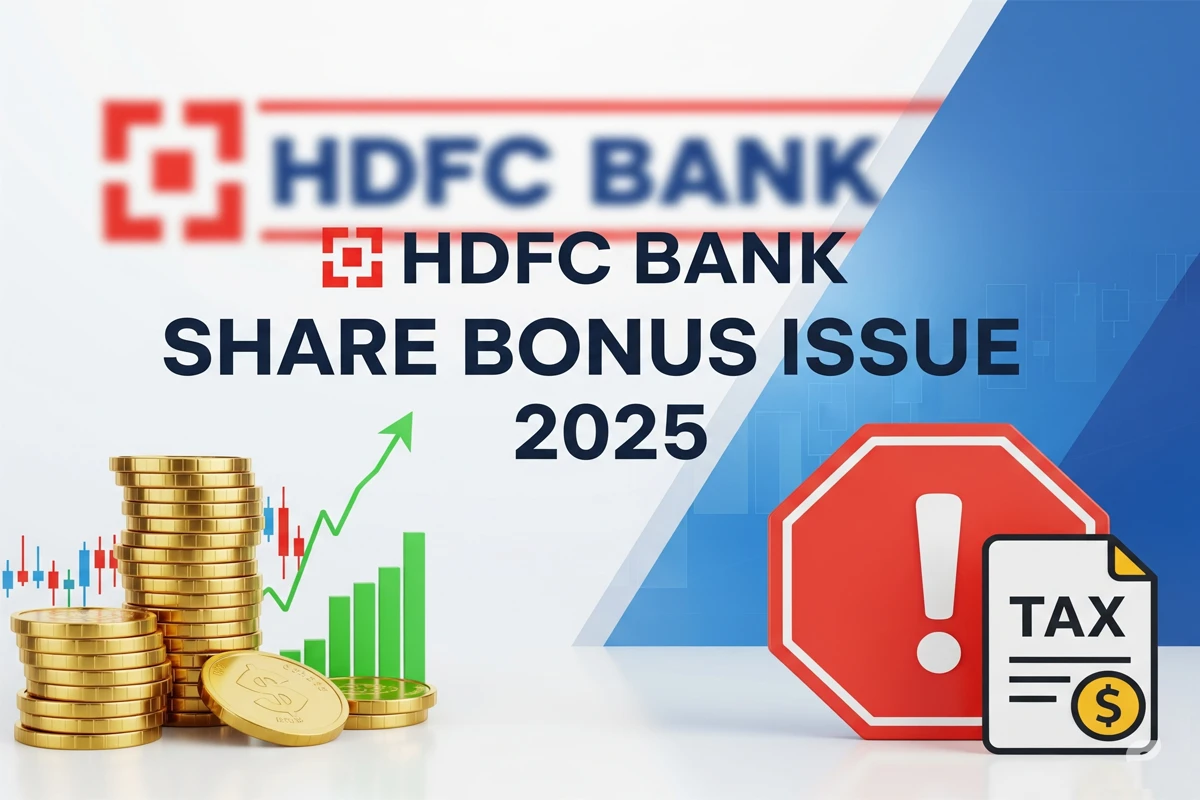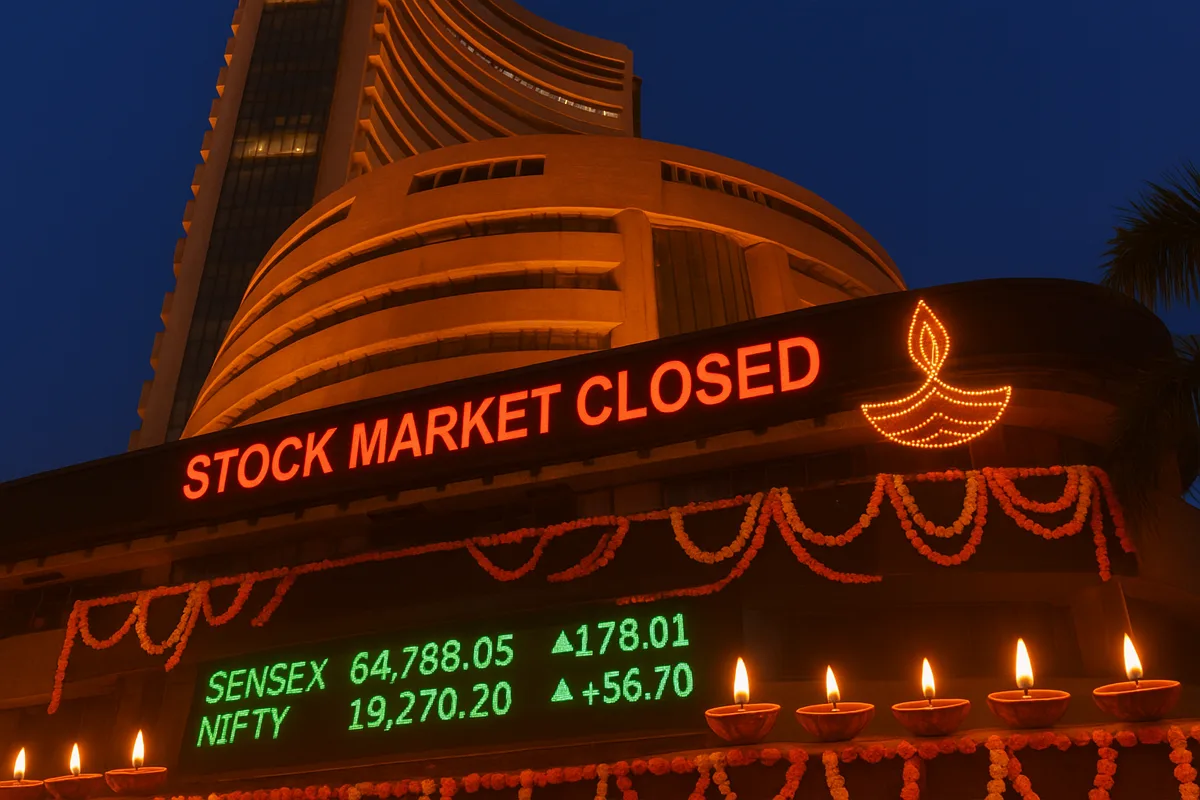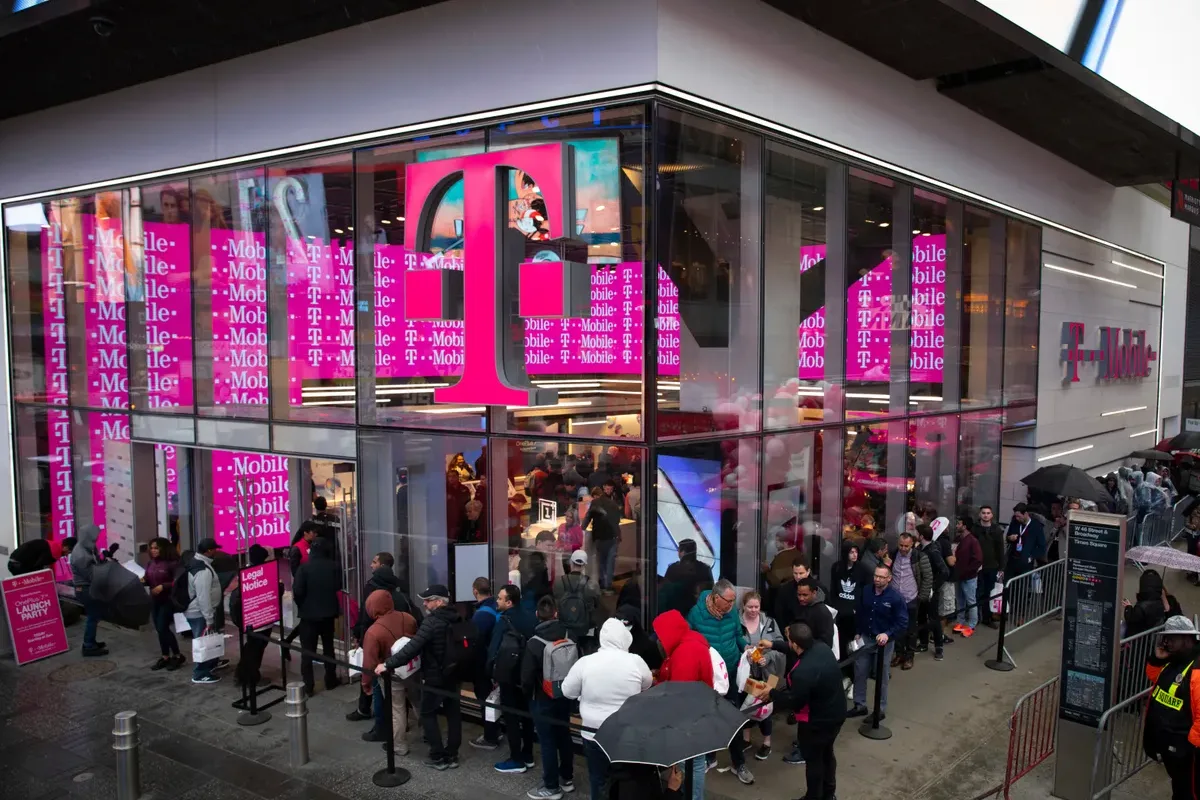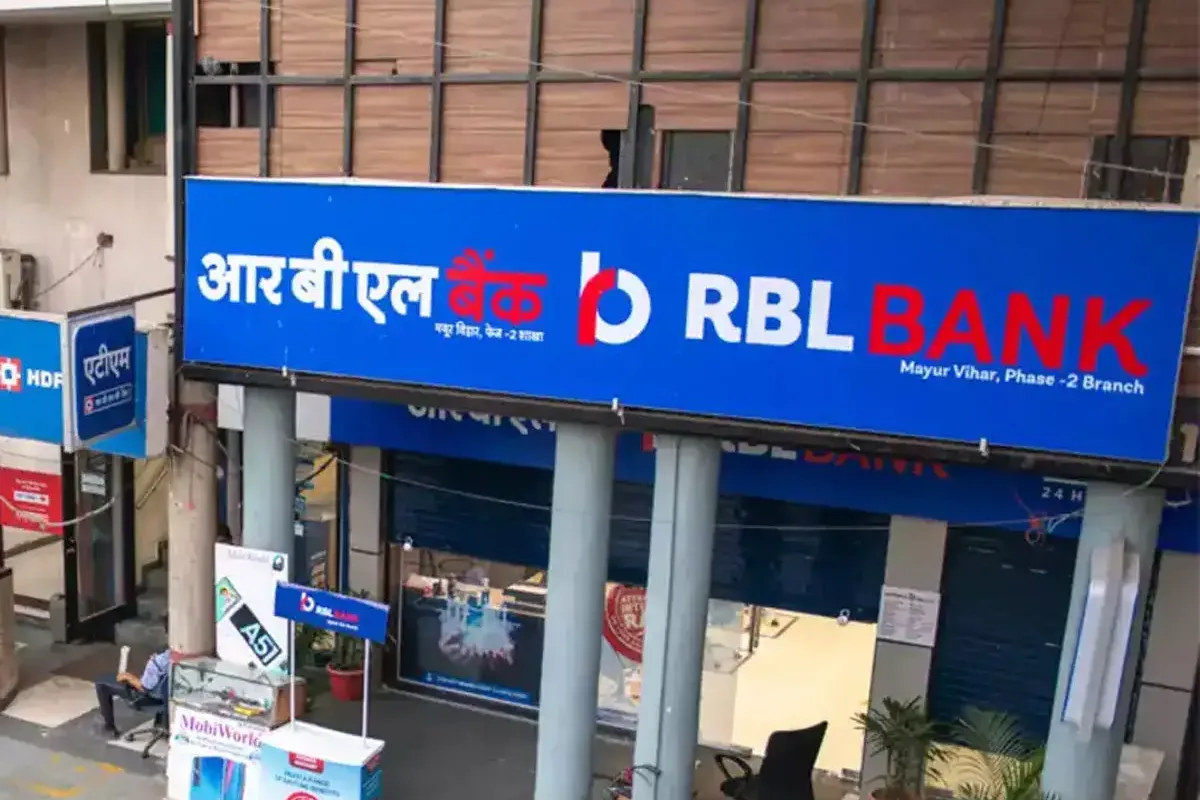HDFC Bank Share Bonus Issue: Reward or Trap for Investors?
Every new news in the stock market brings excitement, and now investors are focused on HDFC Bank share bonus issue. The board of HDFC Bank has taken a big decision – 1:1 bonus issue. Meaning, if you have 1 HDFC Bank share, you will get 1 extra share for free. This decision is creating a buzz in the market, but at the same time the question is also arising whether this reward is really beneficial or a hidden trap?
HDFC Bank Share Bonus Issue Details
The bank has clarified in its exchange filing that the HDFC Bank share bonus issue will be in 1:1 ratio. The record date has been fixed as 27 August 2025. But there is a stock market holiday on that day, so the ex-date for bonus shares will be 26 August 2025. Meaning, investors who hold their HDFC Bank shares till the market closes on 26 August will get equal number of bonus shares credited to their Demat accounts.
This is a big step which shows the confidence of the management of HDFC Bank. The bank has also declared a special dividend of ₹5 per share along with the bonus. This is a double benefit of shareholder rewards.
HDFC Bank Share and Income Tax Rules
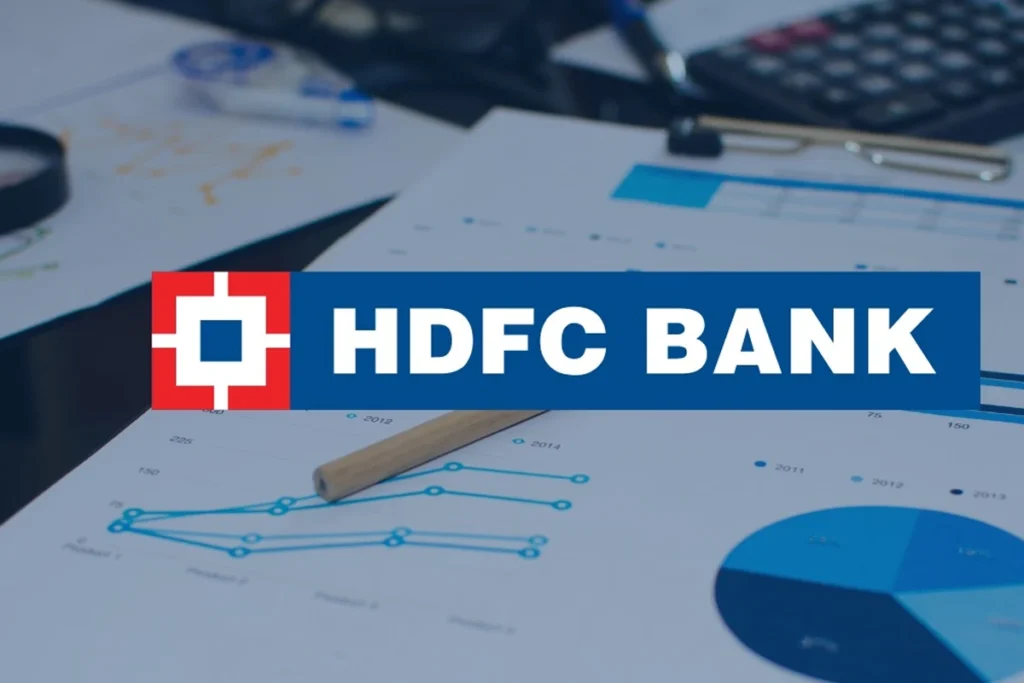
While on one hand investors are looking at the bonus issue as a free gift, on the other hand the income tax rules show a different picture. According to tax expert Balwant Jain, the cost of acquisition of bonus shares is zero. If you sell bonus shares within a year, then 20% Short Term Capital Gain (STCG) tax will be levied on the entire sale value.
If you hold and sell for more than a year, then
you will have to pay 12.5% Long Term Capital Gain (LTCG) tax but only on the amount which is more than ₹1.25 lakh. Meaning for a marginal retail investor who invests with a small portfolio, LTCG liability is very rare. That is why experts say that if your plan is long-term then bonus issue can be a profitable option.
Fundamental Outlook of HDFC Bank Share
Market experts believe that HDFC Bank share is a safe compounding story. Seema Srivastava, Senior Research Analyst at SMC Global Securities, said that in the short term, the stock will benefit from the positive sentiment due to the record date. But there will also be some challenges in the next 12 months, such as Net Interest Margin (NIM) compression and slower corporate loan growth.
Despite this, HDFC Bank’s balance sheet is very strong. In Q1 FY26, the bank’s PAT grew 12.2% YoY, while provisioning was more than ₹10,000 crore. Loan growth also remained steady – retail segment grew 8.1%, SME 17.1% and corporate loans grew by 1.7%. Gross NPA is 1.40% and Net NPA is 0.47%, which shows best-in-class asset quality. Capital Adequacy Ratio is 19.9% which provides enough cushion for future growth.
All these numbers confirm that HDFC Bank share is a strong bet for long-term.
Technical Outlook of HDFC Bank Share
If we talk about the technical chart pattern, Ganesh Dongre, Senior Manager at Anand Rathi, says that HDFC Bank share is in a strong uptrend after breakout above ₹1850. If the stock sustains above ₹1850, then we can see a rally towards ₹2050–₹2100 in short to medium term.
If there is a breakout above the resistance level of ₹2100, HDFC Bank shares can reach ₹2350. Experts suggest that investors hold their existing positions and buy on dips, but it is important to keep a strict stop loss of ₹1850 to manage risk.
This setup creates a good risk-reward opportunity, especially for investors who want safe growth with steady gains.
Key Takeaway for HDFC Bank Shareholders

Bonus issue does not always mean free profit. If you are going to sell in the short-term, income tax rules can reduce your returns. But if your vision is long-term, then HDFC Bank share can become a reliable and compounding asset. From both fundamental and technical perspective, HDFC Bank looks quite stable.
The right strategy for investors would be to take decisions keeping in mind their holding period and tax implications. Market experts also recommend that the maximum benefit of bonus will be available to those who will hold shares for more than a year.
Disclaimer:
This article is for informational purposes only. The views and analysis given in it are based on the insights of experts. It is important to consult your financial advisor before taking investment decisions.
Also Read
